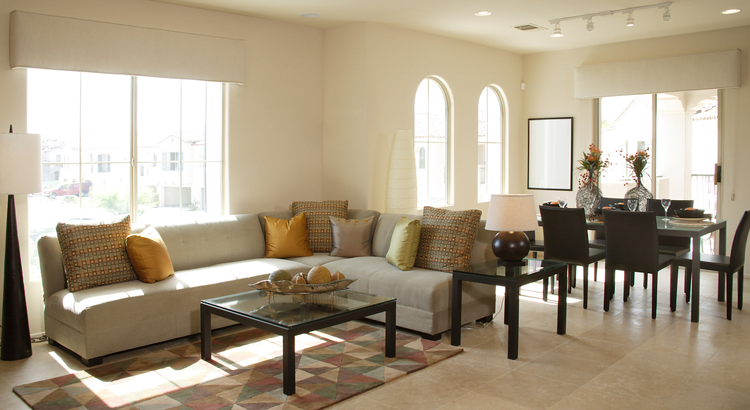What You Need To Know About Saving for a Home in 2024
If you’re in the process of purchasing a home, the prospect of budgeting and saving may seem daunting, but it doesn’t have to be. A helpful approach to alleviate these concerns is to ensure a clear understanding of the upfront costs involved. To achieve this, it’s essential to rely on reliable real estate professionals. They can assist in formulating a plan and provide a strategic assessment of your budget and the overall process before you commence.
Consider the following aspects, as advised by experts:
1. Down Payment
As you embark on the journey of buying a home, saving for your down payment is likely a primary consideration. However, do you have a clear understanding of the required amount? While the specific needs vary for each buyer, there exists a widespread misconception that a 20% down payment is obligatory. An article from the Mortgage Reports dispels this myth, stating:
“The idea that you have to put 20% down on a house is a myth… The right amount depends on your current savings and your home buying goals.”
To gain insight into your options, collaborate with trustworthy real estate professionals. They can guide you through different loan types, available down payment assistance programs, and the requirements associated with each. The more information you possess beforehand, the smoother the overall process will be.
2. Closing Costs
Make sure you also budget for closing costs, which are a collection of fees and payments made to the various parties involved in your transaction. Bankrate explains:
“Closing costs are the fees you pay when finalizing a real estate transaction, whether you’re refinancing a mortgage or buying a new home. These costs can amount to 2 to 5 percent of the mortgage so it’s important to be financially prepared for this expense.”
The best way to understand what you’ll need at the closing table is to work with a trusted lender. They can provide you with answers to the questions you might have.
3. Earnest Money Deposit
To ensure comprehensive coverage in your home-buying preparations, you may also want to consider setting aside funds for an earnest money deposit (EMD). An EMD is a sum of money paid as a demonstration of good faith when submitting an offer on a house. According to Realtor.com, it typically falls within the range of 1% to 2% of the total home price.
Think of this deposit as a form of credit – it doesn’t constitute an additional expense but rather involves allocating a portion of your upfront costs. By utilizing some of the funds you’ve already saved for your home purchase, you signal to the seller your genuine commitment and seriousness about acquiring their property. Realtor.com explains how this process functions within the context of your overall home sale:
“It tells the real estate seller you’re in earnest as a buyer . . . Assuming that all goes well and the buyer’s good-faith offer is accepted by the seller, the earnest money funds go toward the down payment and closing costs. In effect, earnest money is just paying more of the down payment and closing costs upfront.”
Remember, while an earnest money deposit (EMD) is an option, it is not obligatory, and its presence does not assure the acceptance of your offer. It is crucial to collaborate with a real estate advisor who can assess what suits your circumstances and any particular mandates in your region. Your advisor will guide you on the optimal course of action, enabling you to make well-informed decisions throughout the entirety of the purchasing process.
Bottom Line
When buying a home, being informed about what to save for is key. Let’s connect so you’ll have an expert on your side to answer any questions you have along the way.




